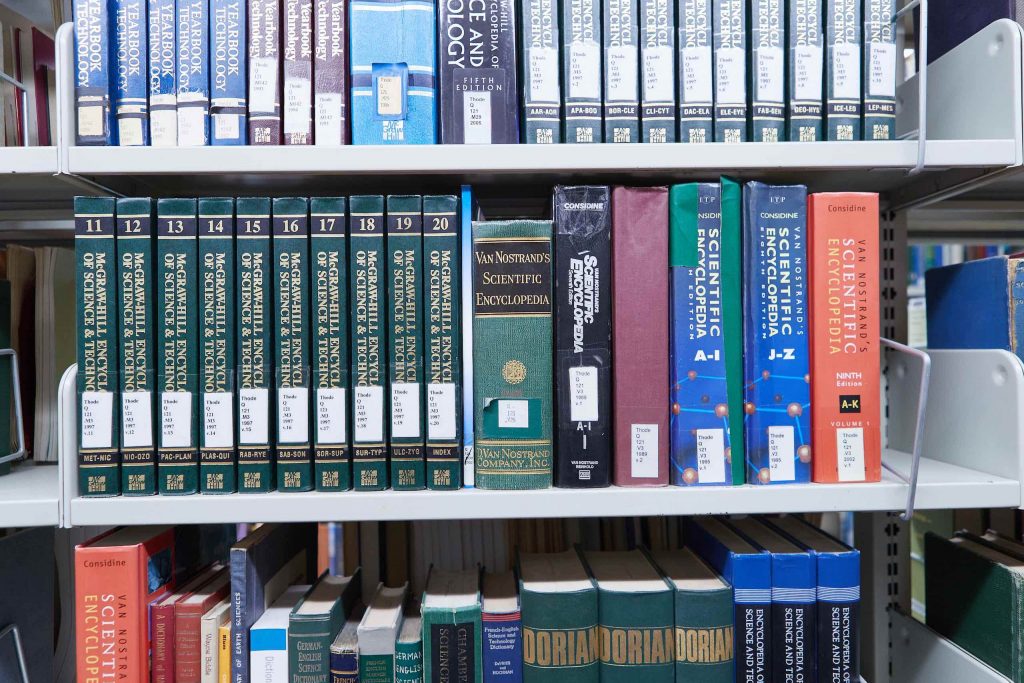Bottom Financial Quintile Student Success
McMaster offers financial support to low-income students throughout their years of study through to graduation and invests in programs and research that seek to ensure equity-deserving groups complete their studies.
Youth in Extended Society Care Bursary
Youth in Extended Society Care Bursary is a bursary that McMaster offers that captures some of the low-income student population and gives students who have been in the care of the Children’s Aid Society financial support at the time of admission as well as throughout their degree in the form of a non-repayable bursary.
The Exceptional Housing Costs Bursary
McMaster has made the Exceptional Housing Costs Bursary available to all undergraduate students studying at a McMaster campus who demonstrate financial need and are facing a sharp rise in their housing and/or commuting costs. This bursary is one of the multiple bursaries that are offered to students on the basis of financial need and are designed to enable students from low-income backgrounds to complete their degrees. Please see our page for more information on how students qualify for and access this bursary.
McMaster Aids and Awards
The Aids and Awards page also includes information on many aid programs that are available throughout students’ education at McMaster, including needs-based programs and awards for equity-deserving groups like Indigenous and Black students. The McMaster Work Program (highlighted on the Aid & Award website) reserves certain part-time jobs on campus for students who demonstrate financial need.
Walls to Bridges Campaign
Walls to Bridges is a program by the McMaster Indigenous Research Institute that offers university courses and credits, school supplies, books and photocopying for free to incarcerated people where they learn alongside other McMaster students enrolled in the courses. The aim of the program is to use education to create a conduit from prison to post-secondary reversing the cycle of generational poverty, homelessness and ill health. There are also two other tiers of the prison education program which include post-incarceration support in attending classes, mentoring, tutoring and more and finally a mentorship program which assists formerly incarcerated people who are interested in applying for university as full or part-time students.
Statistics on Aids and Awards
Please see our statistics on financial aid given by the University in 2021-2022 school year found on Page 56 of the Fact Book. Notably, McMaster provided $8 million in bursaries to students in this year and $72,865,594 in grants were awarded to McMaster students through the Ontario Student Assistance Program. Through our awards of needs-based aid to students, McMaster takes action to make sure that low-income students can afford to graduate from our university.
Research on Barriers to Post-Secondary School in the Hamilton Area
As a partner of the Hamilton Community Research Partnership, McMaster aided research that asked the questions: “Who graduates high school in Hamilton? Who goes to college or university in Ontario? And for those who study in Hamilton, who completes college or university programs?” In total, the project examined pathways for 5,310 students, contributing to a growing body of research into the factors affecting educational outcomes such as high school graduation and post-secondary access. This research is the first of many expected rounds of study that attempt to identify barriers to post-secondary education that McMaster will participate in. Future studies expect to capture even more important socio-economic factors, aiding the partnership’s attempt to reduce these barriers and admit more “left-behind” students to higher education.

